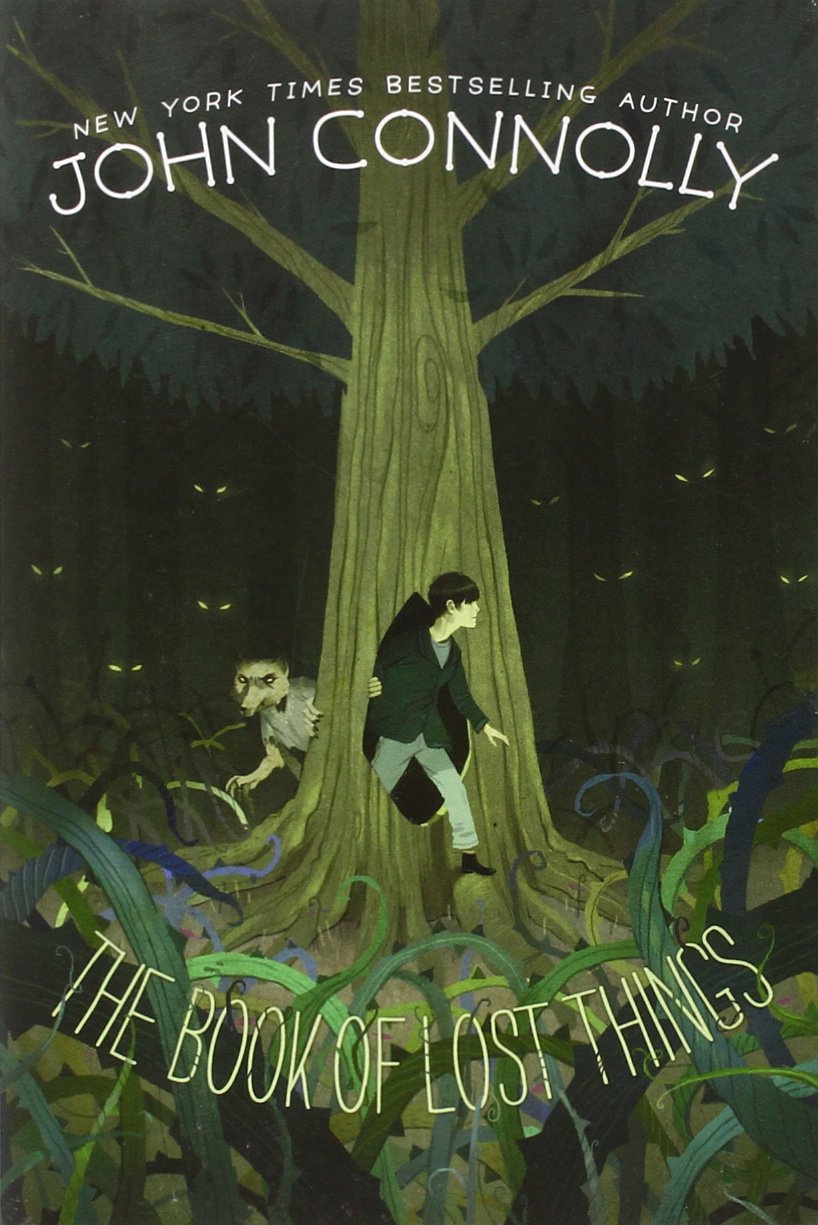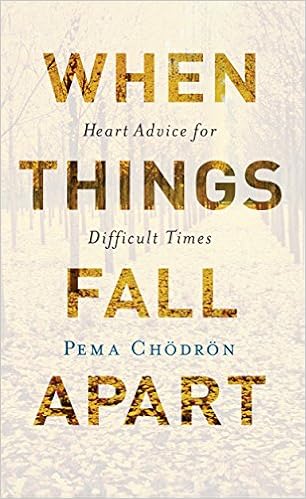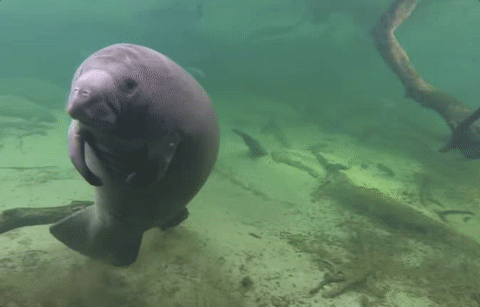Anne Lamott writes about faith, family, and community in essays that are both wise and irreverent. It’s an approach that has become her trademark. Now in Small Victories, Lamott offers a new message of hope that celebrates the triumph of light over the darkness in our lives. Our victories over hardship and pain may seem small, she writes, but they change us—our perceptions, our perspectives, and our lives. Lamott writes of forgiveness, restoration, and transformation, how we can turn toward love even in the most hopeless situations, how we find the joy in getting lost and our amazement in finally being found.I first read Anne Lamott in grad school. Her book, Bird by Bird, changed the direction of my education, my career, and my life. Although Lamott and I have some things in common, our belief systems are vastly different, but that's ok. Obviously, I don't know this woman, but from her writing, I get the impression that she is kind, warm, and thoughtful. I'd love to have a meal with her, or buy her a cup of coffee.
Profound and hilarious, honest and unexpected, the stories in Small Victories are proof that the human spirit is irrepressible.
Throughout my diagnosis, I've been heavily contemplating the idea of grace. My therapist says I should give myself grace, but I don't always know what that means. She says I should forgive myself, and I don't always know how to do that. I have spent the majority of my life mastering negative self-talk; what is this grace we speak of?
I feel like Lamott understands me, without even knowing me. One of my favorite parts of this book is when she says,
"When you are on the knife’s edge—when nobody knows exactly what is going to happen next, only that it will be worse—you take in today" (Lamott 4).I feel that this is my diagnosis, summed up in one sentence. I'm still in a place of intentional ignorance. This diagnosis has taught me to take in today, one day at a time. Like an addict, I don't count too far ahead in the future. I count tomorrow, and the rest come as it may.
Lamott also talks about her family:
"Ours was like any other family, basically well-meaning, with lots of addictions, secrets, and mental illness. We were such a polite catastrophe that everyone’s energy went to survival, self-medication, Mask Making 101, and myopia" (Lamott 161).Every family has their secrets, right? As Tolstoy said, "All happy families are alike; each unhappy family is unhappy in its own way" (Anna Karenina). While I'm not prepared to share all of our secrets, I will say that Tolstoy had his wisdom.
Am I saying that I came from an unhappy family?
Stay tuned to find out more!




